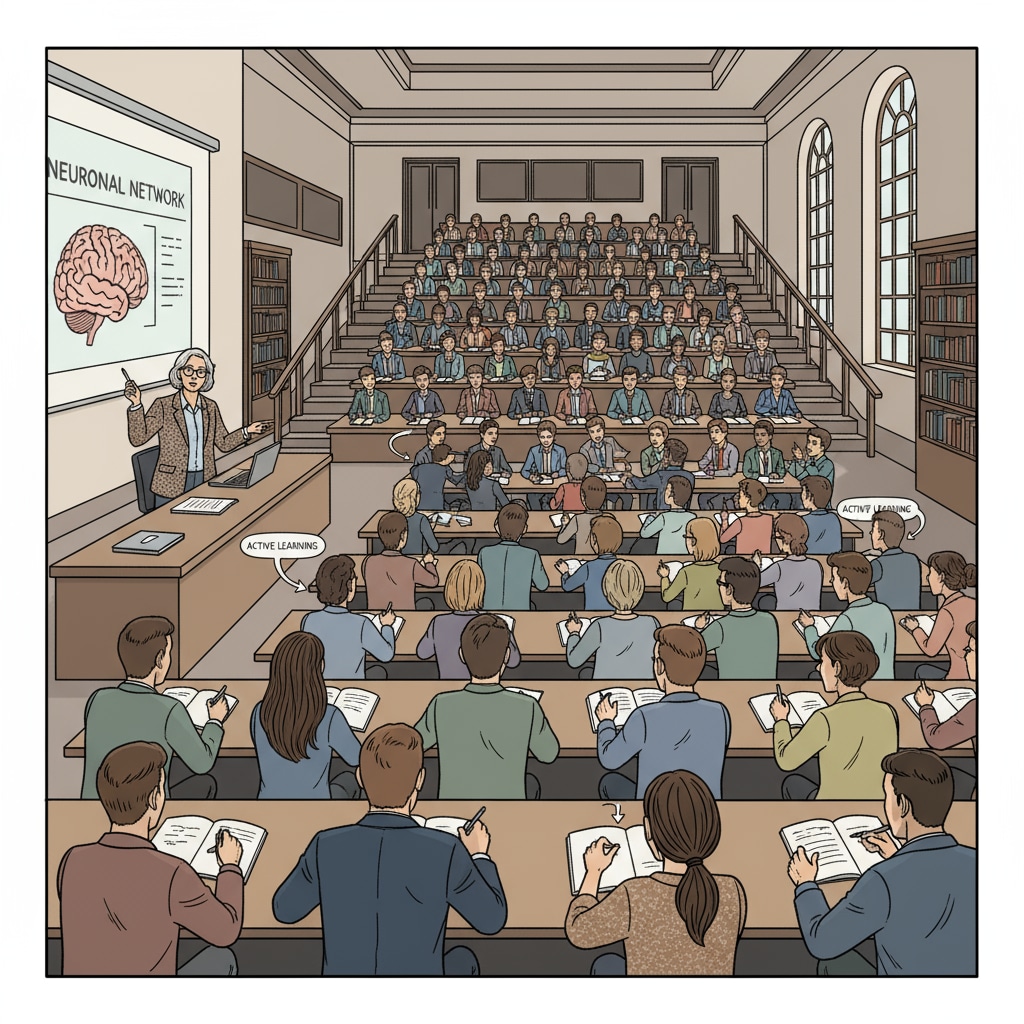Career choices, employment prospects, and higher education are topics of great significance for high school graduates. When they stand at this crossroads, the decision between university education and vocational training can shape their future in profound ways.

As the job market becomes more competitive, understanding the pros and cons of each option is essential.
The Allure of University Education
University education has long been seen as a path to a wide range of career opportunities. It offers a comprehensive and in-depth learning experience across various disciplines. For example, students can major in fields like business, engineering, or the liberal arts. Higher education on Wikipedia A university degree often opens doors to corporate jobs, research positions, and careers in specialized fields. Graduates may have the potential for higher salaries in the long run. However, the cost of university education, including tuition fees and living expenses, can be substantial, and it typically takes several years to complete a degree program.

The Appeal of Vocational Training
On the other hand, vocational training provides a more practical and hands-on approach to learning. It is designed to equip students with specific skills that are directly applicable to the job market. For instance, training in plumbing, electrical work, or culinary arts can lead to immediate employment opportunities. Vocational education on Britannica Vocational training usually takes less time to complete compared to a university degree, and the cost is often more affordable. Moreover, the demand for skilled tradespeople is high in many regions, ensuring good employment prospects for graduates.
When making this decision, high school graduates should also consider their personal interests. If they have a passion for theoretical knowledge and a desire to explore different academic areas, university education might be the right choice. However, if they prefer to work with their hands and gain practical skills quickly, vocational training could be more suitable. In addition, analyzing the market demand is crucial. Some industries are experiencing rapid growth and have a high demand for university-educated professionals, while others are in need of skilled technicians. By understanding these factors, high school graduates can make a more informed decision at this important career crossroads.
Readability guidance: The article uses short paragraphs to present ideas clearly. Each main point is elaborated with relevant examples. Transition words like ‘however’, ‘on the other hand’, and ‘in addition’ are used to connect different parts of the text smoothly. The passive voice is used sparingly, and the sentence length is kept within the appropriate range to enhance readability.


